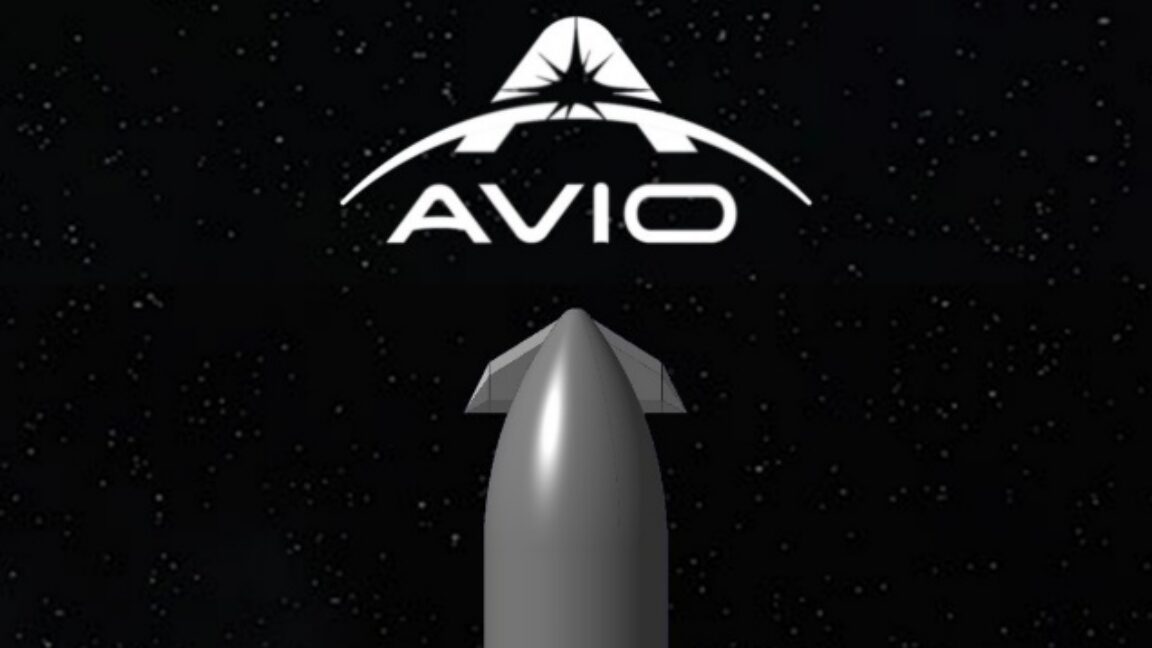
"The European Space Agency signed a contract Monday with Avio, the Italian company behind the small Vega rocket, to begin designing a reusable upper stage capable of flying into orbit, returning to Earth, and launching again. This is a feat more difficult than recovering and reusing a rocket's booster stage, something European industry has also yet to accomplish. SpaceX's workhorse Falcon 9 rocket has a recoverable booster, and several companies in the United States, China, and Europe are trying to replicate SpaceX's success with the partially reusable Falcon 9."
"While other rocket companies try to catch up with the Falcon 9, SpaceX has turned its research and development dollars toward Starship, an enormous fully reusable rocket more than 400 feet (120 meters) tall. Even SpaceX, buttressed by the deep pockets of one of the world's richest persons, has had trouble perfecting all the technologies required to make Starship work. But SpaceX is making progress with Starship, so it's no surprise some other rocket builders want to copy it. The European Space Agency's contract with Avio is the latest example."
"ESA and Avio signed the deal, worth 40 million euros ($47 million), on the sidelines of the International Astronautical Congress in Sydney. In a statement, Avio said it will "define the requirements, system design, and enabling technologies needed to develop a demonstrator capable of safely returning to Earth and being reused in future missions." At the end of the two-year contract, Avio will deliver a preliminary design for the reusable upper stage and the ground infrastructure needed to make it a reality."
The European Space Agency contracted Avio to design a reusable upper stage that can fly to orbit, return to Earth, and be relaunched. The two-year, €40 million deal requires Avio to define requirements, system design, and enabling technologies and to deliver a preliminary design plus the ground infrastructure for a demonstrator. Recovering and reusing an upper stage is more technically demanding than booster recovery. SpaceX operates a recoverable Falcon 9 booster and is developing Starship, a fully reusable super-heavy vehicle, while other global companies pursue similar reusability goals. Preliminary design reviews typically occur many years before first flight, as with Ariane 6.
Read at Ars Technica
Unable to calculate read time
Collection
[
|
...
]